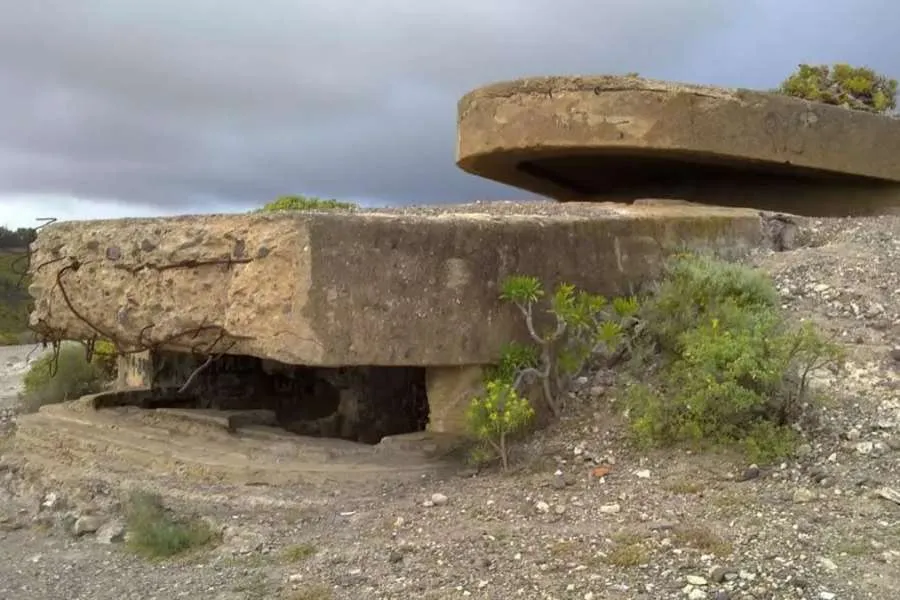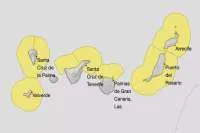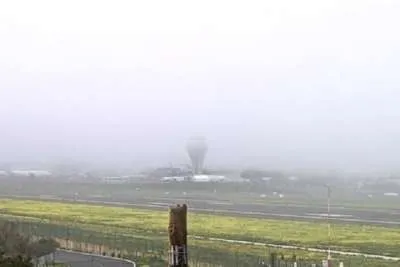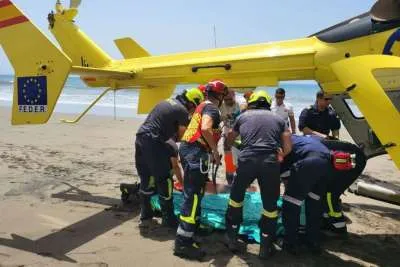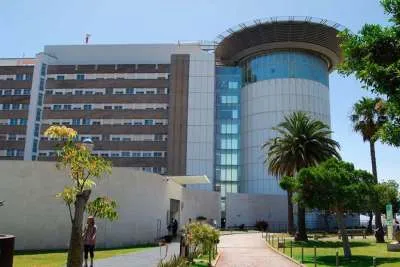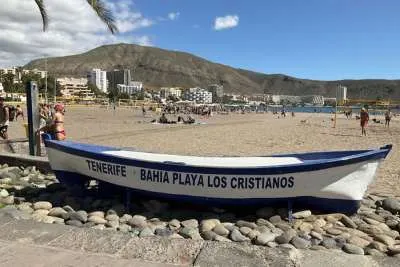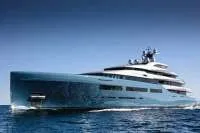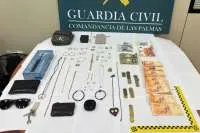The Canary Islands: A Hidden Frontline of Espionage During World War II
- 27-10-2025
- National
- Canarian Weekly
- Photo Credit: CA
Though officially neutral during World War II, the Canary Islands became a covert battleground of espionage, sabotage, and intelligence operations between Axis and Allied powers. Their strategic location in the Atlantic made the archipelago a vital observation and logistical point, a crossroads where diplomats, spies, and soldiers operated under the veil of secrecy.
This lesser-known chapter of Canarian history will be the focus of a seminar led by Juan José Díaz Benítez, professor at the University of Las Palmas de Gran Canaria (ULPGC), entitled “The Canary Islands and World War II: Secrets, Operations, and Strategy in the Middle of the Atlantic”.
The event, part of the Espías en el Atlántico (Spies in the Atlantic) lecture series, will take place on Tuesday, 28th October, at 7:00pm at the Casa-Museo León y Castillo in Telde (Gran Canaria), with free entry until capacity is reached.
According to Díaz Benítez, the archipelago’s importance lay in its geopolitical position. For Britain, the islands were a potential alternative to Gibraltar should Spain enter the war.
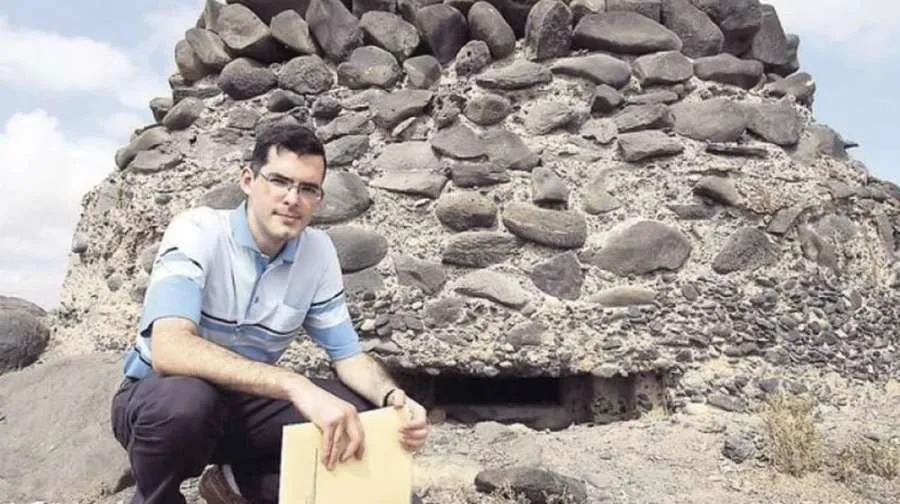
The German navy used the ports of Las Palmas and Santa Cruz de Tenerife for refuelling operations, while the Allies carefully monitored Axis movements and considered invasion plans such as Operation Pilgrim, a British strategy to seize the Canary Islands that was ultimately never executed.
The professor explains that British and American intelligence gathered information to prepare for possible military action, while German agents focused on supporting naval operations, sometimes with tacit cooperation from Spanish authorities. Meanwhile, Spanish intelligence was more concerned about Allied espionage than German activity.
Life in the islands was marked by secrecy, rumours, and occasional incidents. One such event occurred in 1941, when six German submarines were refuelled in the Port of Las Palmas, despite Spain’s declared neutrality. There were also failed sabotage attempts, such as one in 1940 targeting the German ship Corrientes.
Díaz Benítez highlights that the Canaries, once seen as a remote outpost, briefly stood at the centre of global strategy. Plans like Operation Warden, intended to sabotage Axis ships in Canarian ports, never materialised, but their preparation highlighted the islands’ strategic value to both sides.
Today, most wartime records related to the Canary Islands can be accessed in archives in the UK, Germany, and the United States, though some intelligence documents remain classified. In Spain, however, the lack of an automatic declassification policy continues to limit access to key historical materials.
For Díaz Benítez, his ongoing research aims to separate myth from documented reality: “The goal is to offer a comprehensive and accurate picture of the Canaries’ strategic value during World War II, to replace speculation with history, and to inspire curiosity about a period that shaped much of the modern world.”
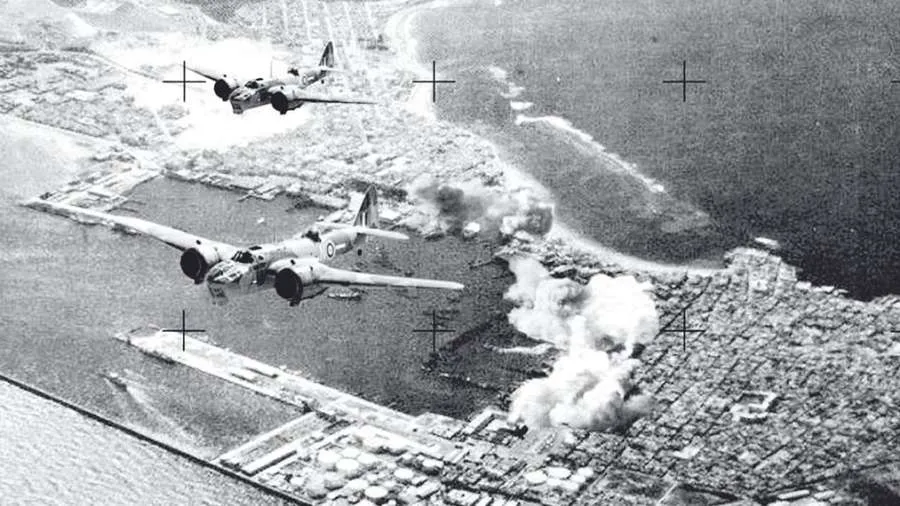
Other articles that may interest you...
Trending
Most Read Articles
Featured Videos
TributoFest: Michael Buble promo 14.02.2026
- 30-01-2026
TEAs 2025 Highlights
- 17-11-2025


